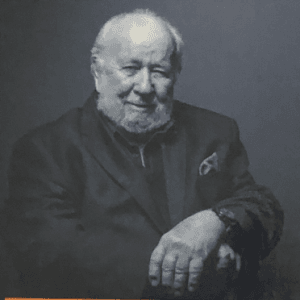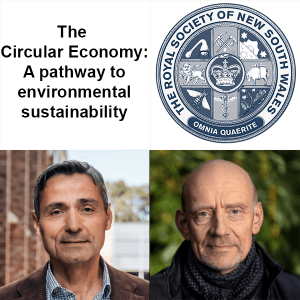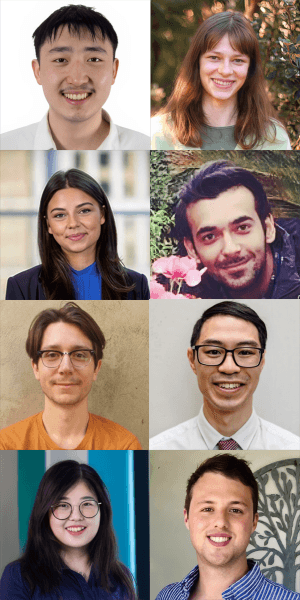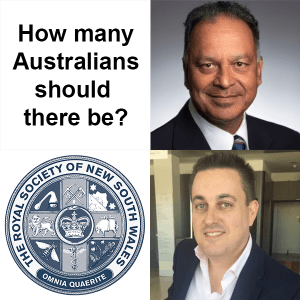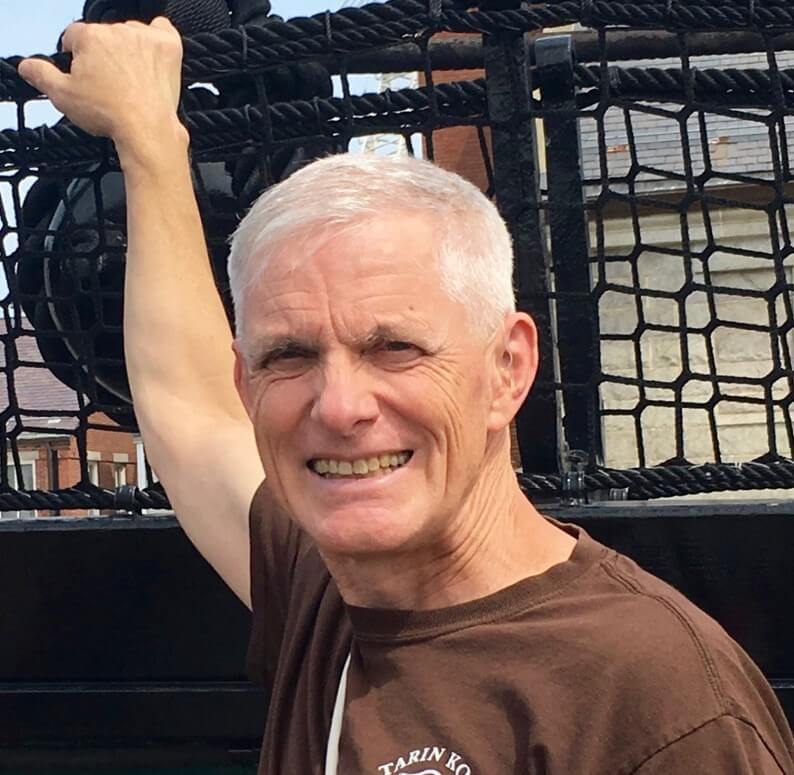
Presentation of Distinguished Fellowship to Dame Marie Bashir AD, CVO, DistFRSN
The President presented the certificate of Distinguished Fellowship to Dame Marie Bashir at the start of the OGM. Past President Hector read the citation.
 “Finding the right course for the right horse:
“Finding the right course for the right horse:
recent evidence-based advances in
instructional design”
Jim Kehoe, Professor of Psychology
UNSW Australia
Wednesday 2 November 2016
Union, University and Schools Club, 25 Bent Street, Sydney
Students of all ages and stages can become disengaged in a new subject area, often right out of the starting gate. While a few top students forge ahead, many others progressively accept mediocrity or failure. Different types of one-size-fits-all solutions have been attempted, usually with little reduction in the wide variation among students’ progress.
Fortunately, over the past 25 years, experimental research on instructional design – much of it originating in New South Wales – has revealed a set of principles for improving the speed and consistency of individual learning. These principles are themselves founded in earlier research that defined the “cognitive architecture” of human memory.
Jim’s talk focused on human cognitive architecture and the key principles for instructional design, which include (a) recognise and optimise demands on short-term memory; (b) help students to organise their long-term memories rather than rote memorise the material; (c) help students to actively interact with the learning material; and (d) provide instructive feedback as well as knowledge of results. These principles have proved to applicable in an adaptive way as students gain proficiency.
Jim Kehoe came to the School of Psychology at the University of New South Wales (UNSW) in 1977 after completing his PhD in experimental psychology at the University of Iowa. Apart from sabbatical appointments, he has remained at UNSW, rising from Lecturer to Professor in 1994. Although now part-time, he continues as a member of the academic staff.
His research has concerned pure and applied research in learning and memory. His early career was devoted the laboratory study of associative learning in animals and its neural mechanisms. He has also been a leader in the mathematical modeling of associative learning. Over the last two decades, he has increasingly turned his attention to applied research on learning and memory in humans in contexts ranging from frontline management to military populations to older adults. He is a project officer in the Australian Army, currently holding the rank of lieutenant colonel.

